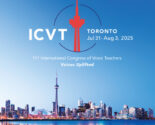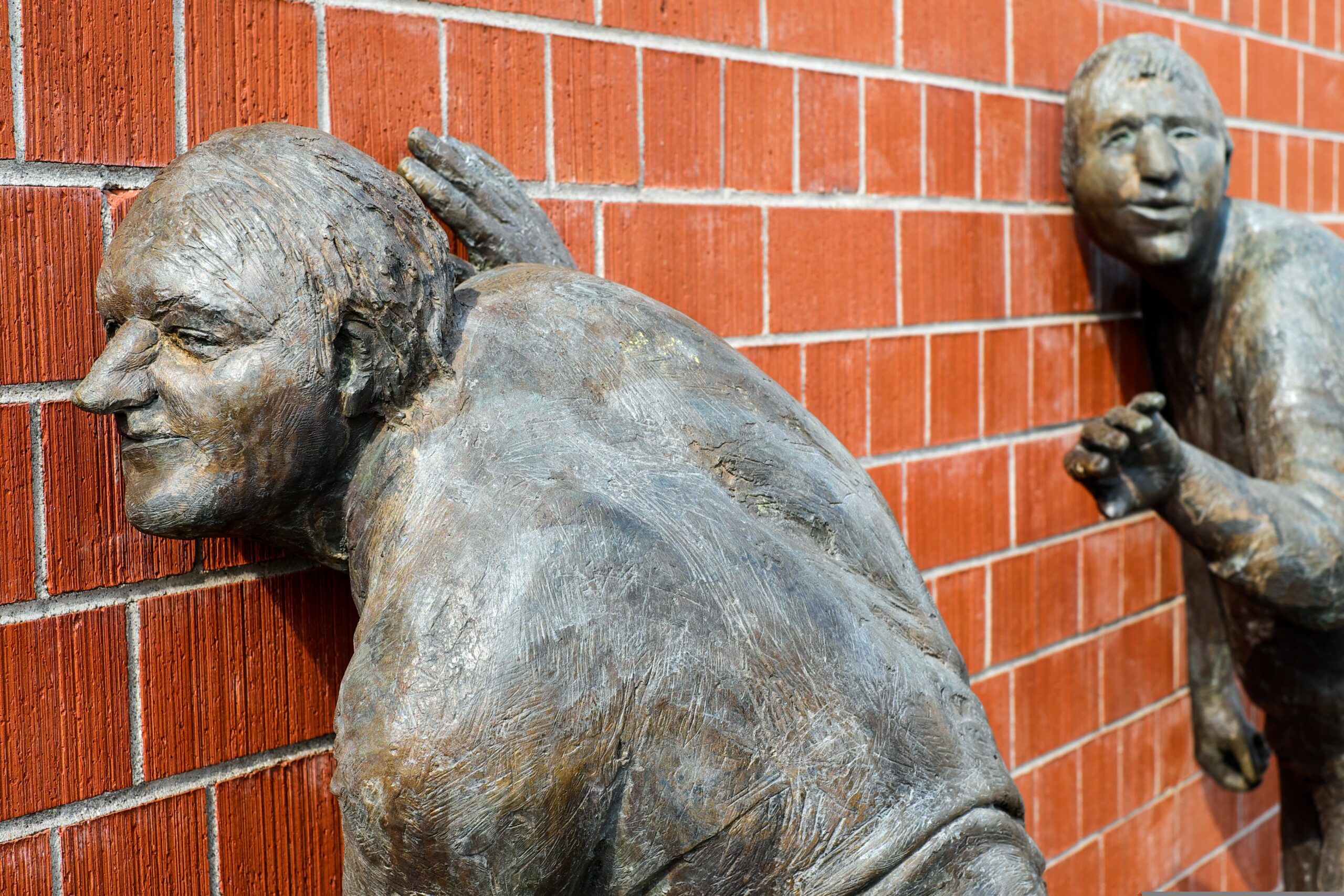
Past event: EVTA pre-conference course at PEVoC 2024
Listen Up!
What do you hear?
Before the PEVoC – on September 4, 15:00-19:30
In this series of workshops four members of the EVTA board will take you on a journey that connects the ear with the muscles needed for singing.
1) Awakening the senses: Ellen Pieterse
How do you listen to a voice?
What does one hear when listening to an untrained voice and a fully trained voice? What are the differences? How do you define this?
Which senses do you use when listening? Only the ear? Or more? What makes a fully trained voice different from an untrained one?
What defines the differences you hear in different styles, classical, jazz, pop, folk?
In this workshop we will discover how to listen and how to connect our ears to our muscles.
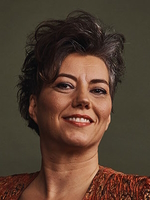
2) Crosstraining the voice and why: Eleanor Forbes
In sports, crosstraining means training in different disciplines in order to strengthen the performance capacity of many different muscles.
Applied to voice training, it means a pedagogical approach that helps overcome weaknesses in the singer’s vocal technique, by applying exercises and repertoire from different genres to strengthen all parts of the vocal range and increase the flexibility and reliability of the voice.
In this workshop, we will discover the main differences between vocal styles and experiment with some of the functional elements involved in crosstraining for vocal health.

3) Learning about the possibilities of our voices through play: Lieve Jansen
In this workshop we will playfully discover the multitude of possible sounds and noises that our voices can make.
How do the weird noises such as primal sounds; laughing, crying, yelling, wheezing, affect our voices? In what way is the voice affected when we use a straw to sing through? Or what happens when we hum? How do posture and airflow influence the way we sound?
And why are these exercises useful in developing our technique or in rehabilitating tired or abused voices?
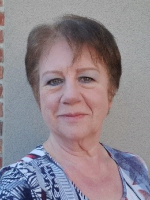
4) The sound when we sing together: Bo Rosenkull
What happens to intonation, timbre, volume, rhythm and perhaps self-image?
How can timbre and phonation be drastically affected by different ways of thinking?
How do I hear myself and how do I hear others?
Am I the same singer as a chorister or as a soloist?
What does the text’s content do to the singer and how is the listener affected?
Welcome to a workshop where we work with exercises and simpler songs that explore different techniques that quickly lead to different ways of singing and different ways of sounding.
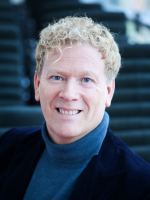
Take a look at the PEVoC website and consider attending!
EVTA members and Friends of EVTA are eligible for a group discount on the PEVoC participant fee. The applications for the group discount ended on May 12.

EVTA pre-course at PEVoC is produced with the financial assistance of the European Union. The views expressed herein can in no way be taken to reflect the official opinion of the European Union.
Featured image credit: sculptures Die Lauschenden by Karl-Henning Seemann in Freiburg (Pixabay, 2023)

